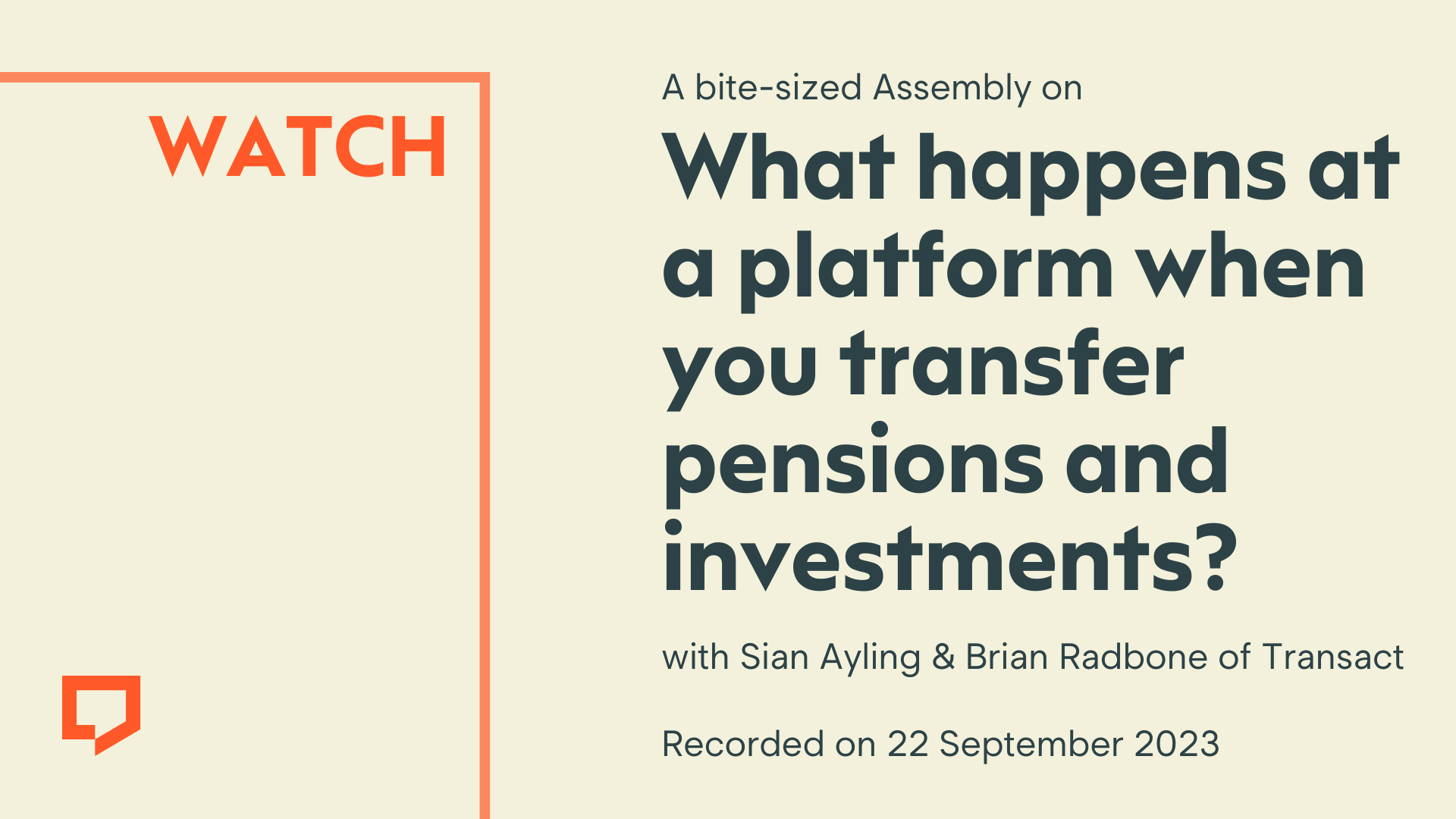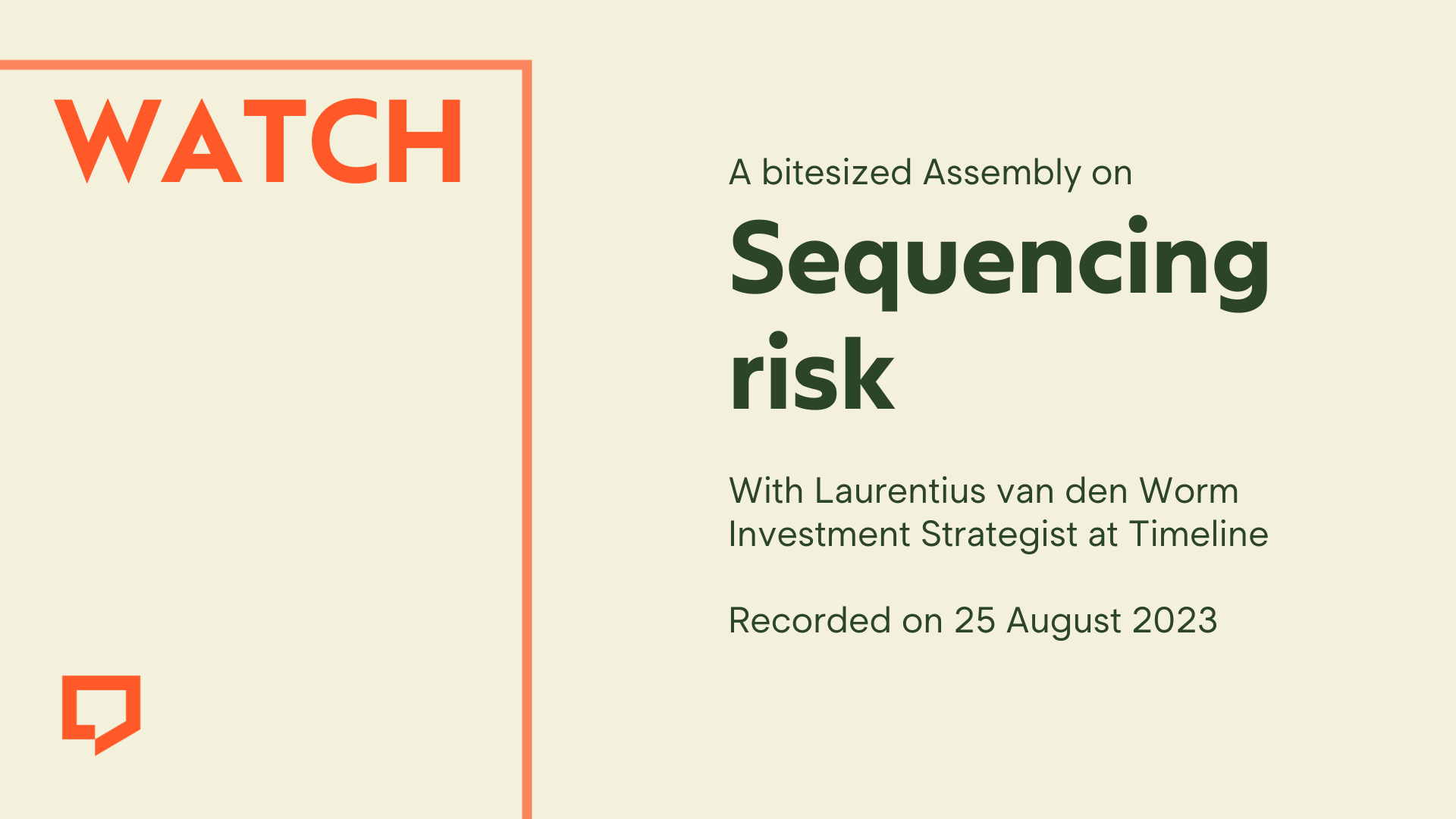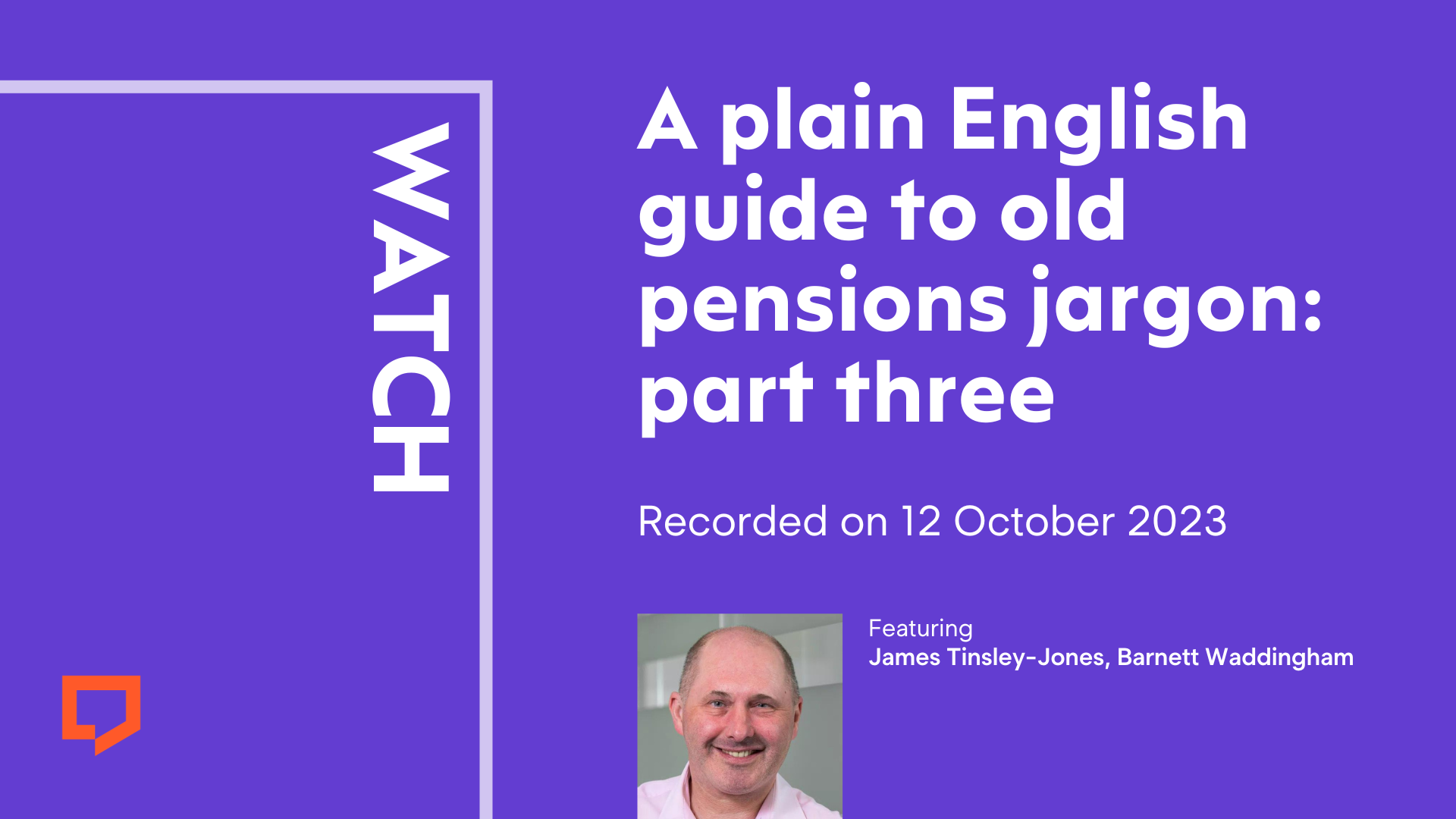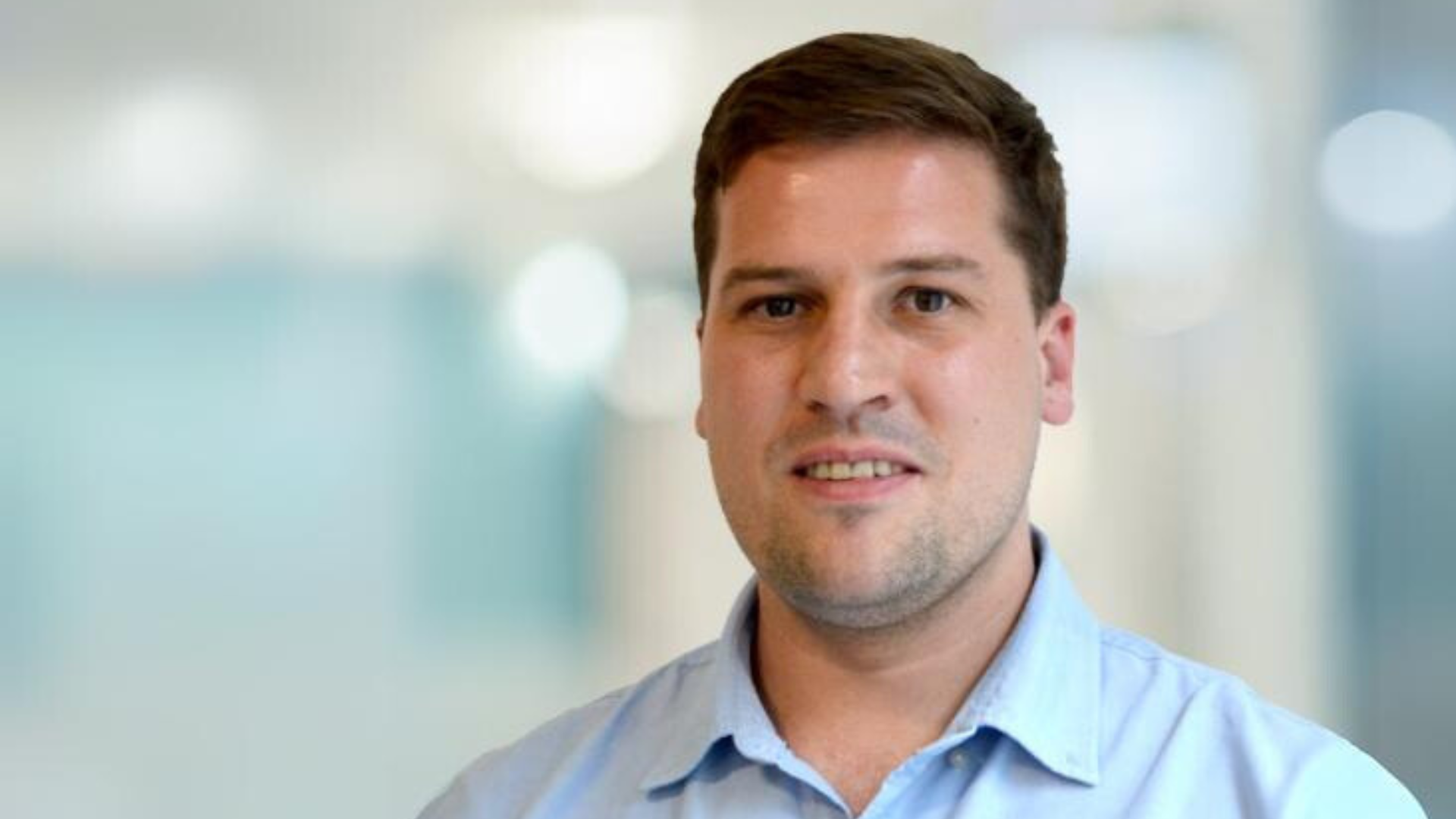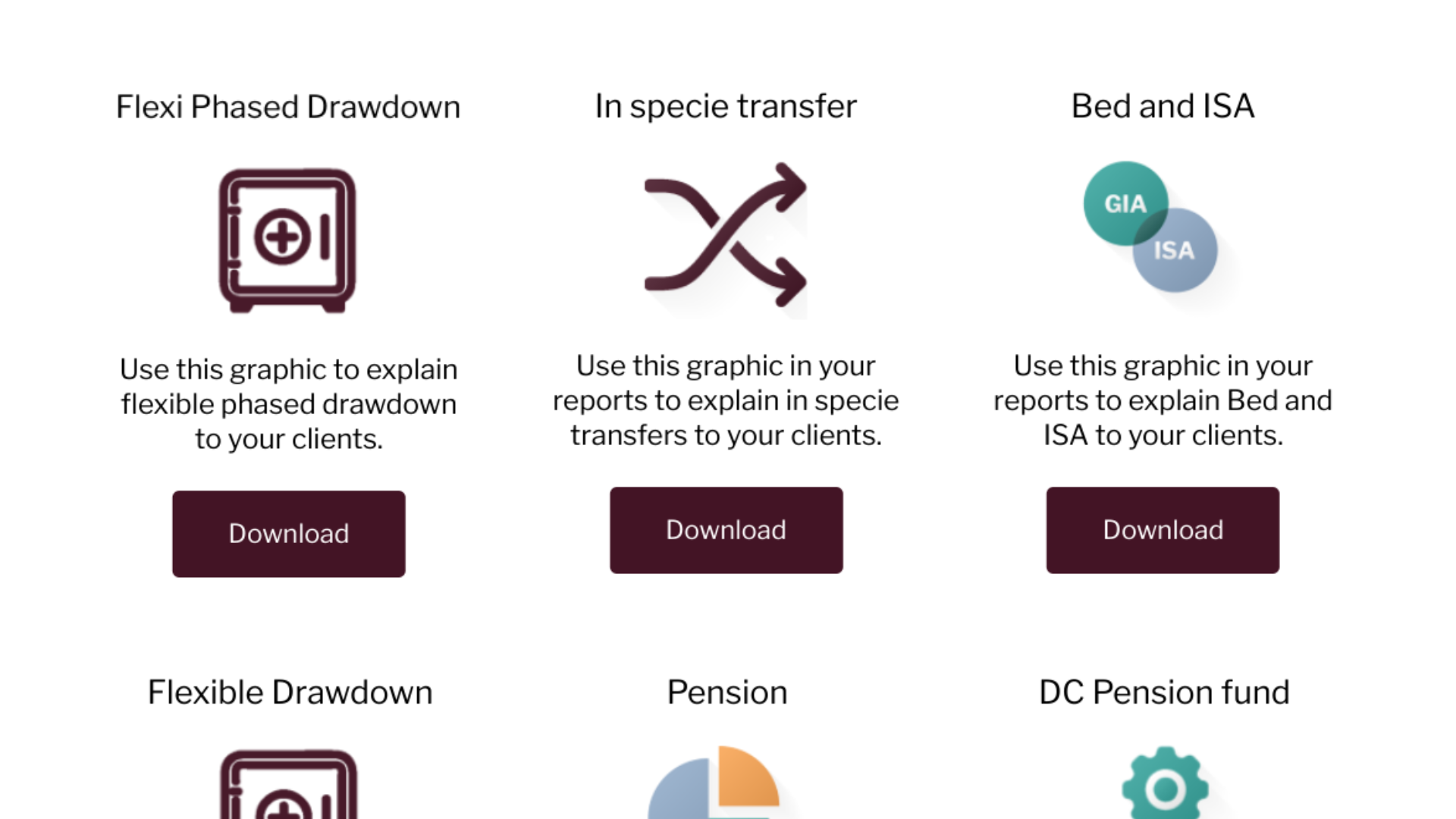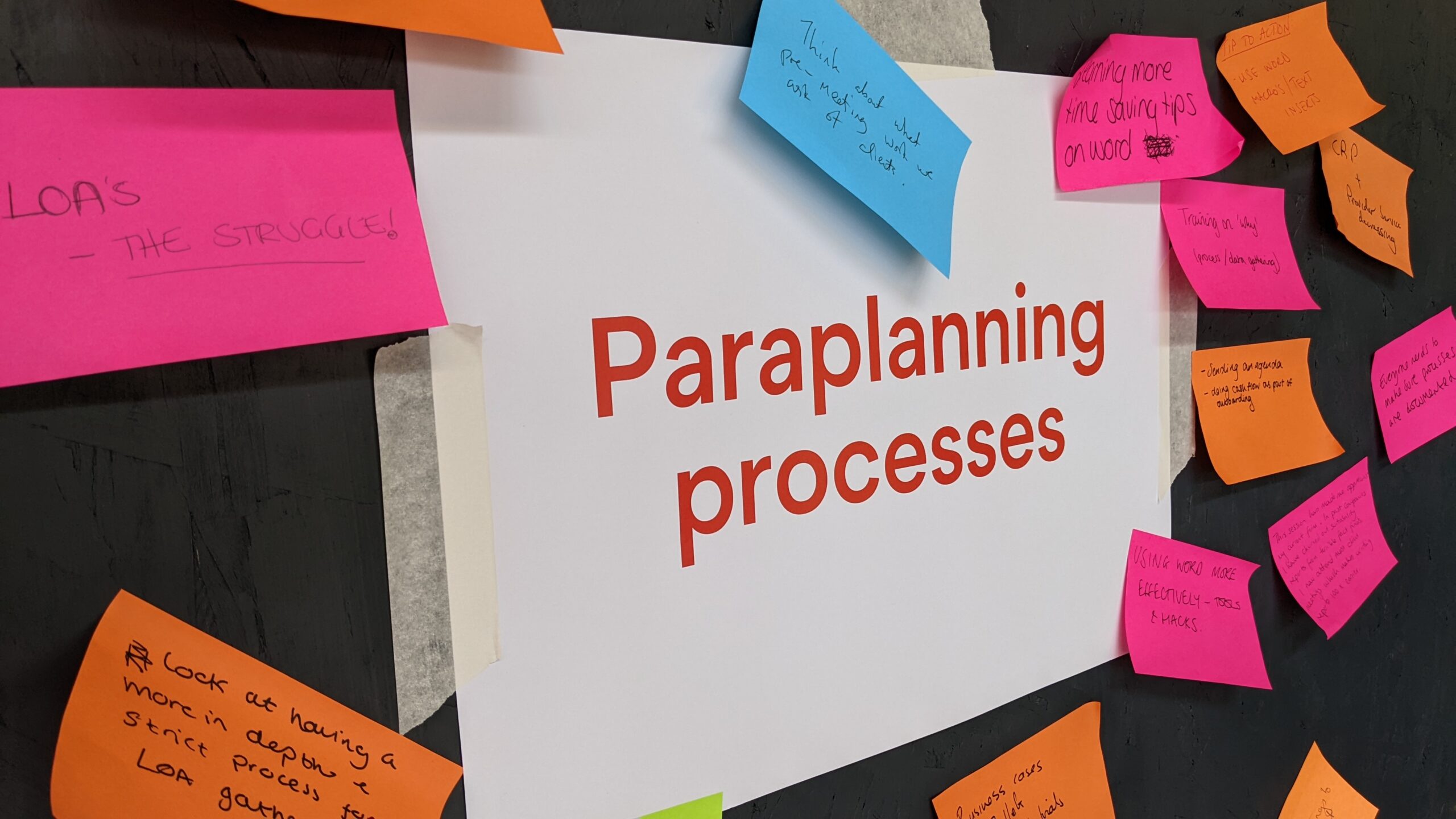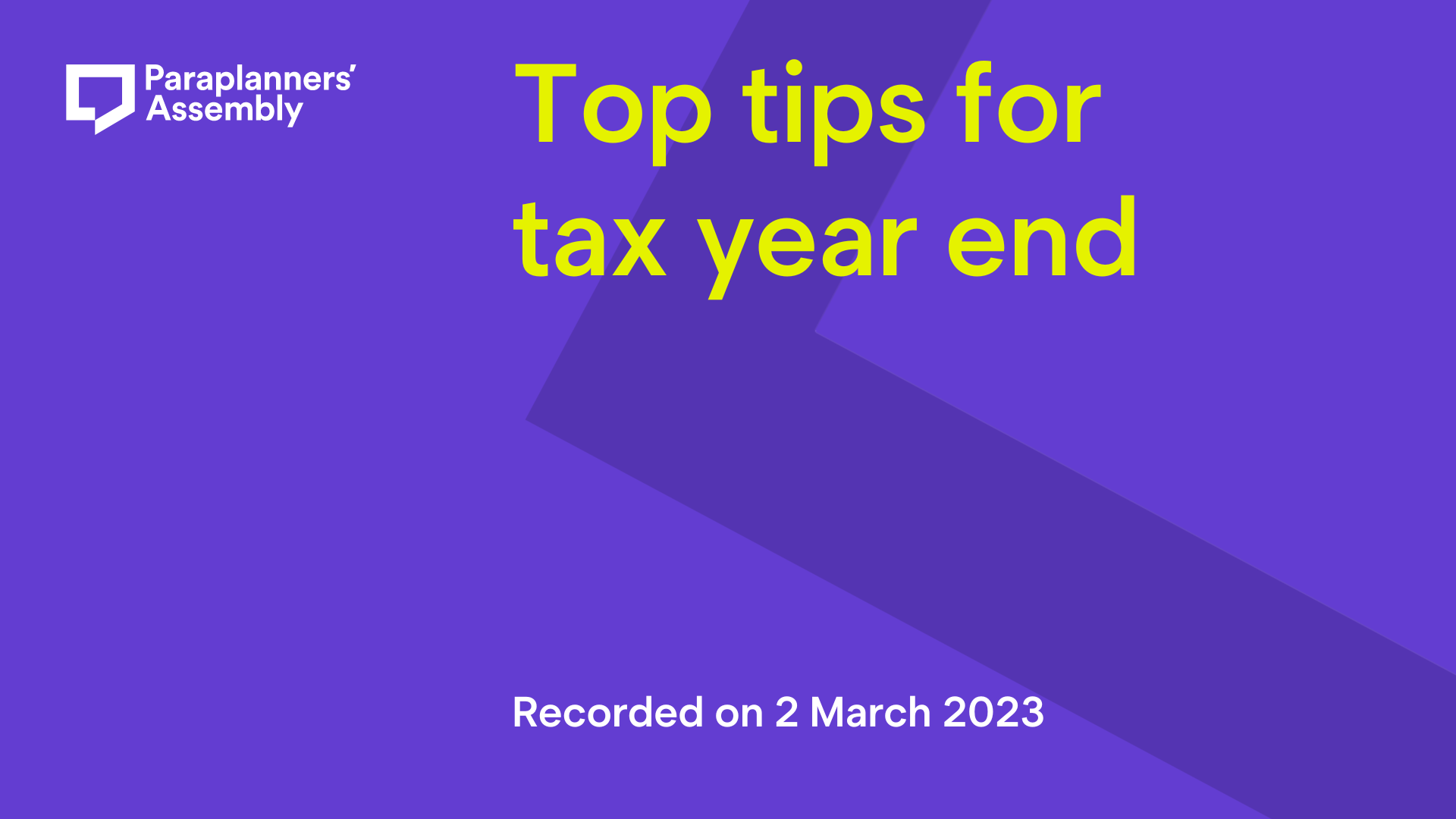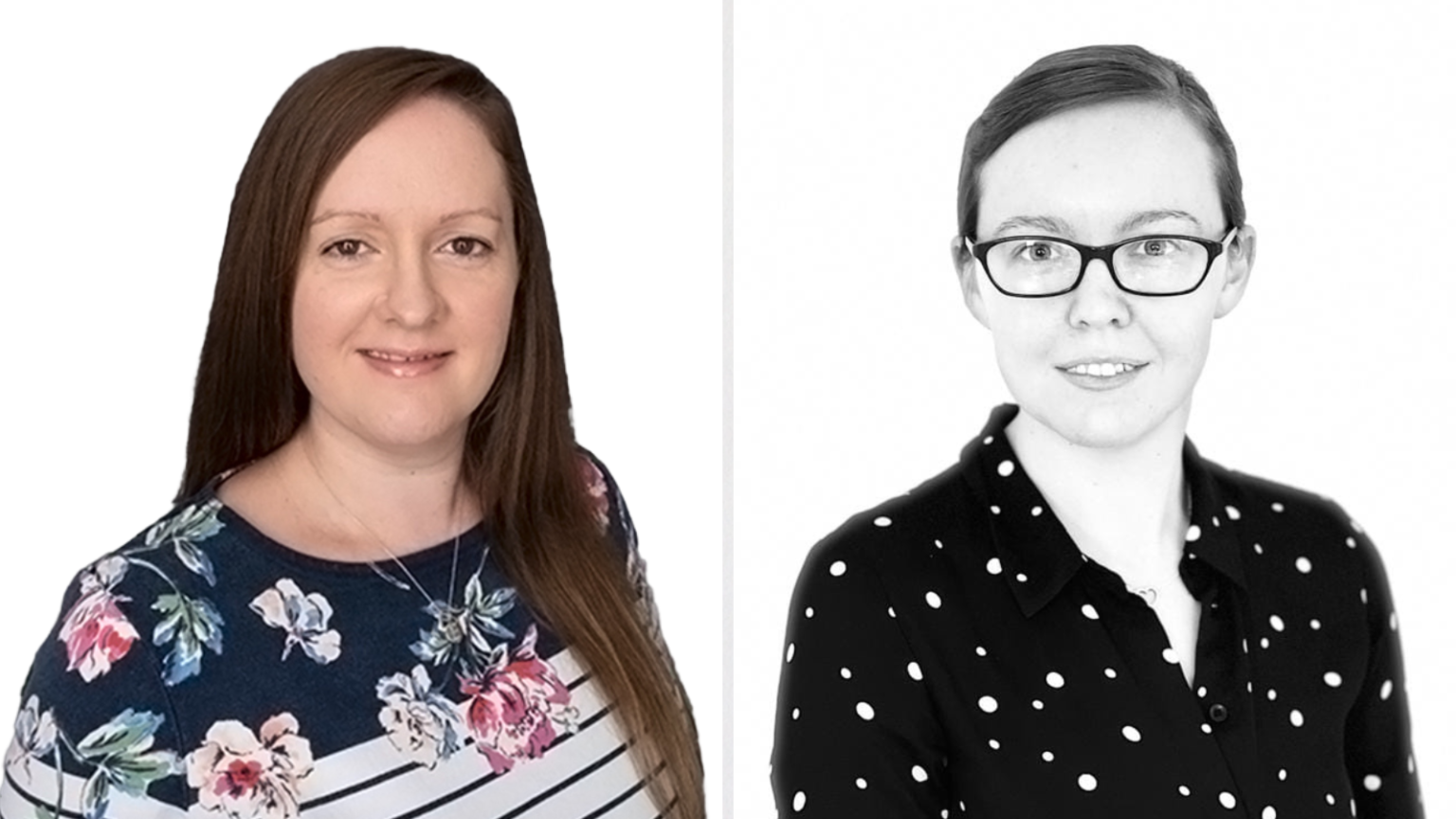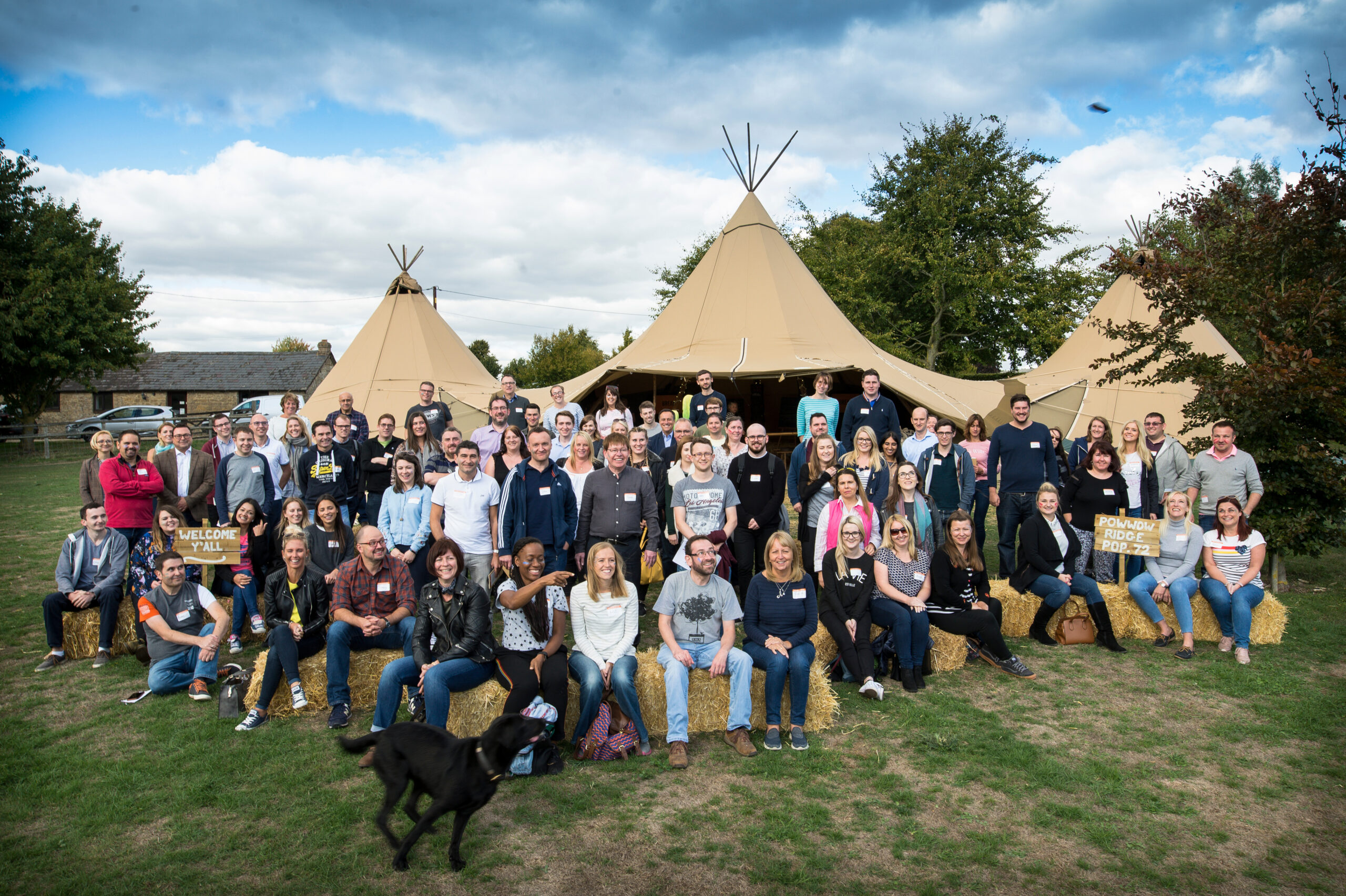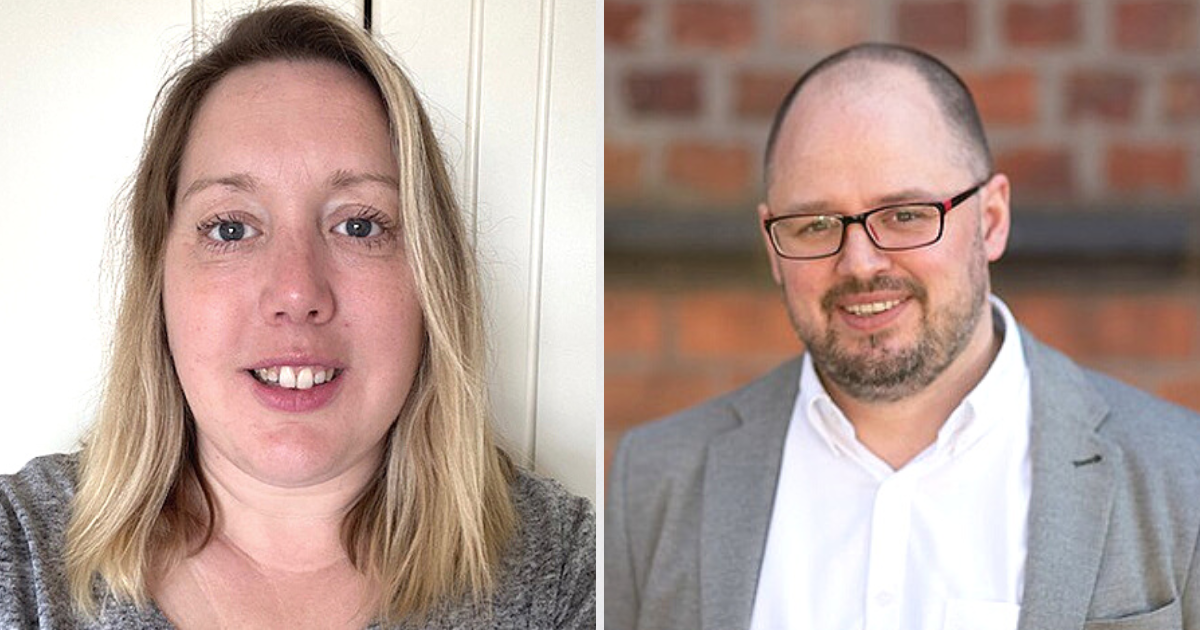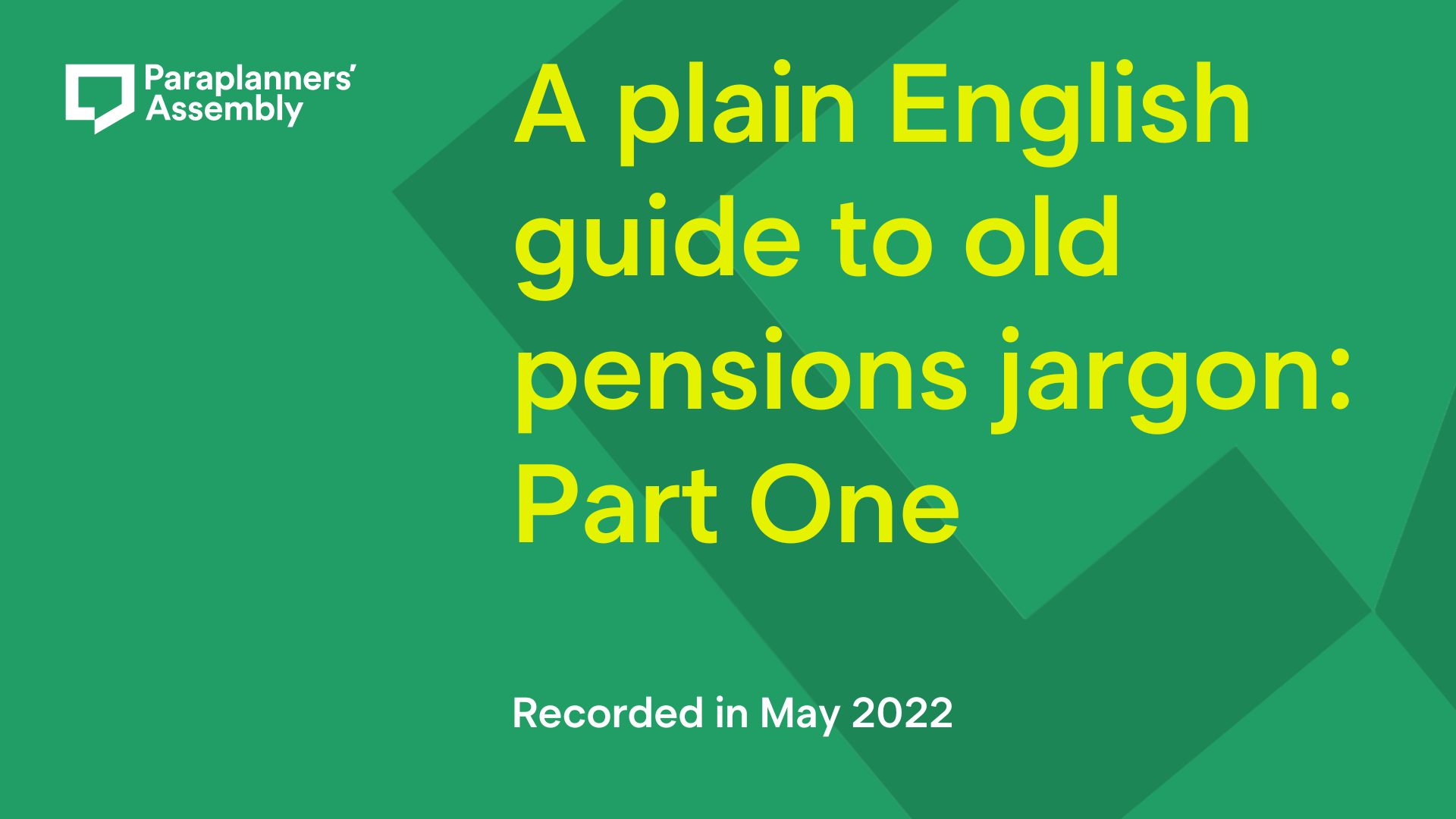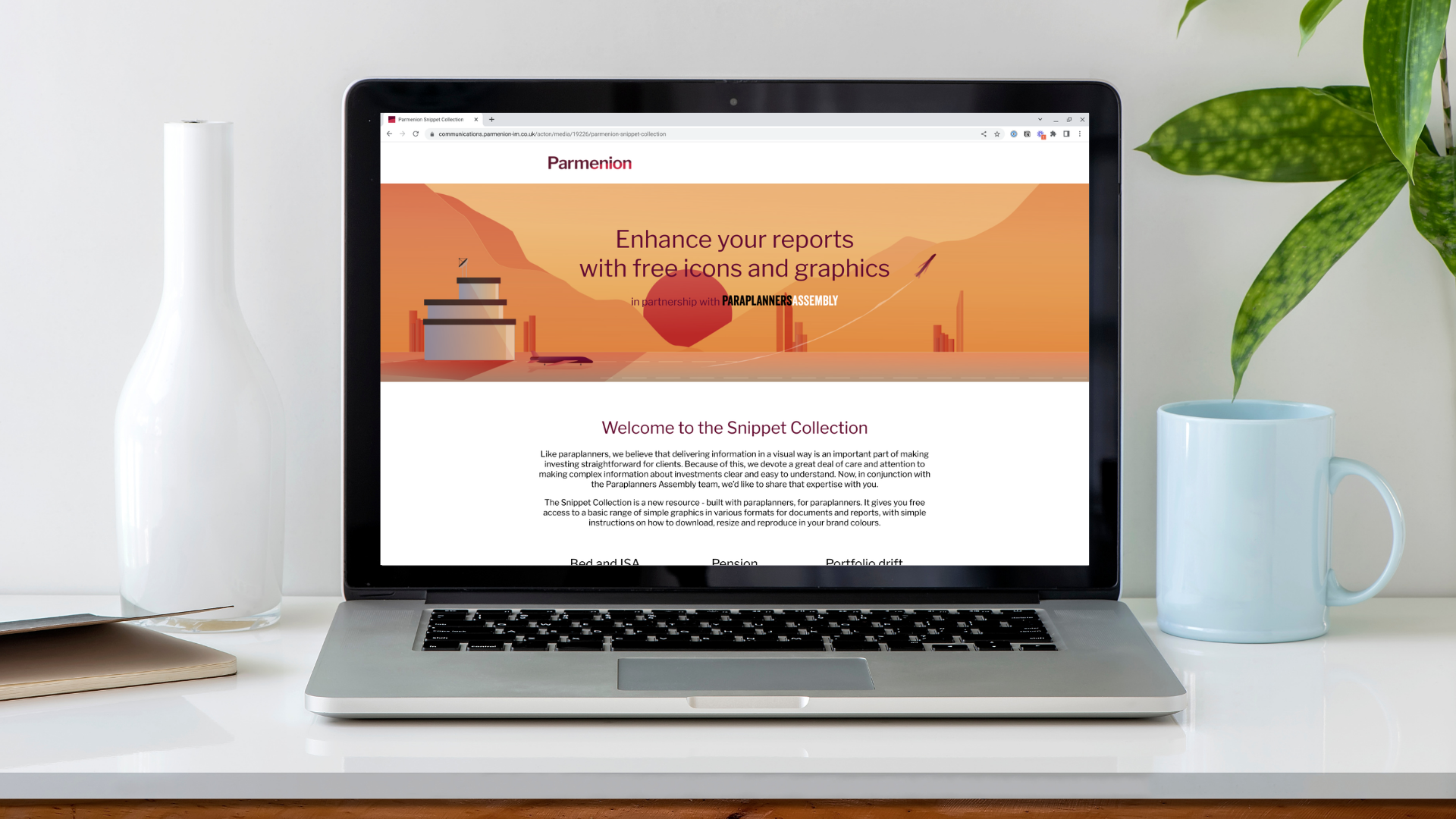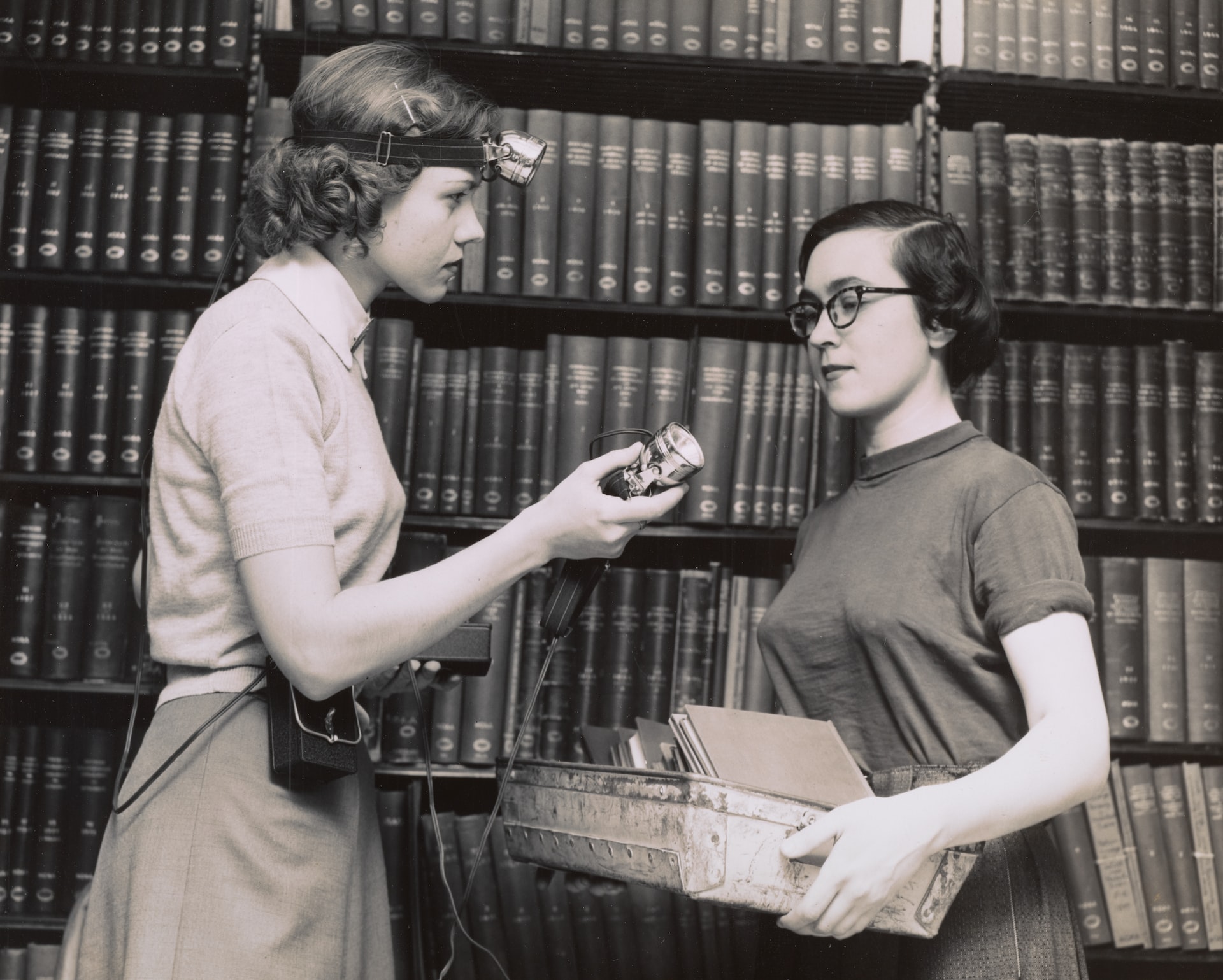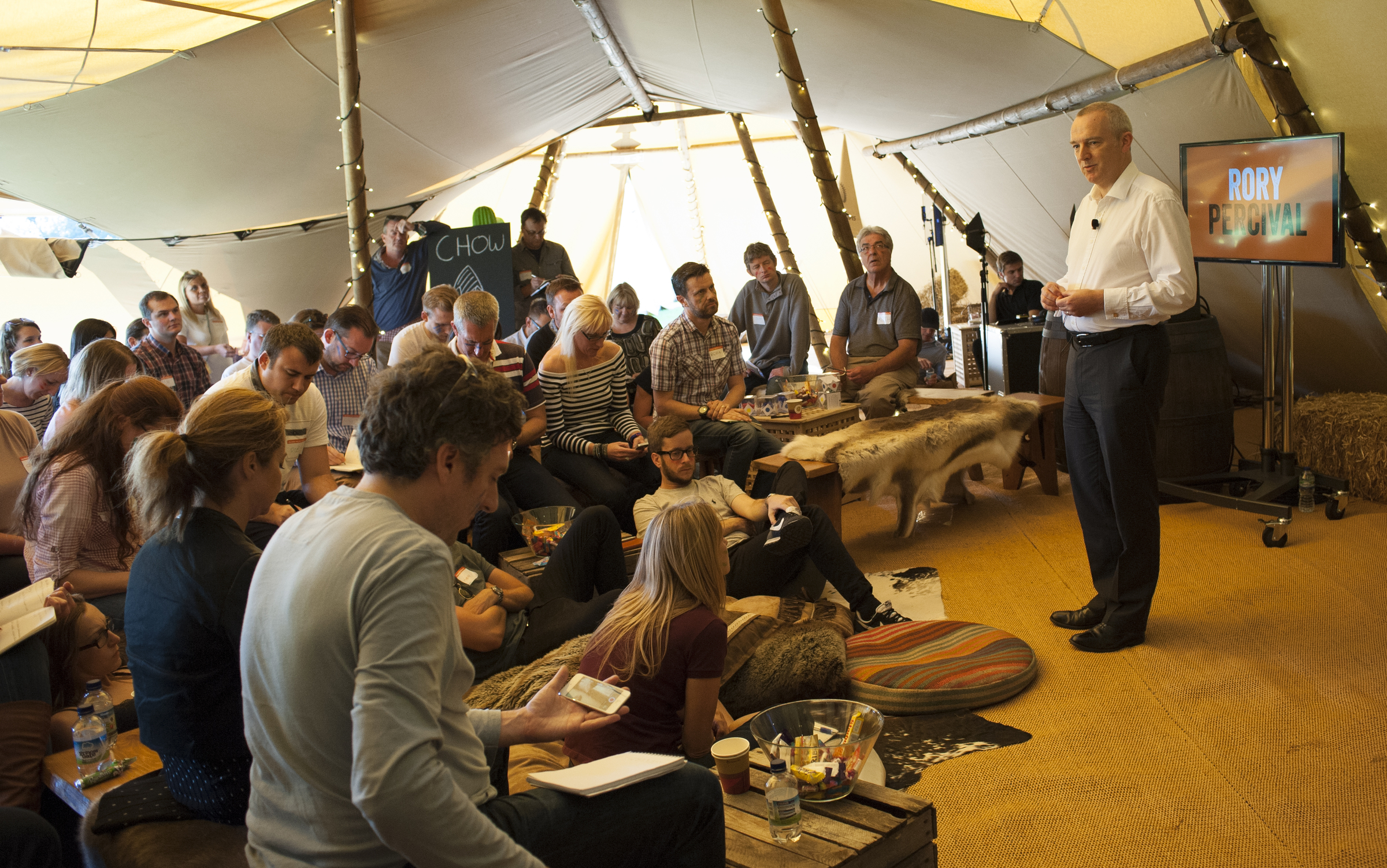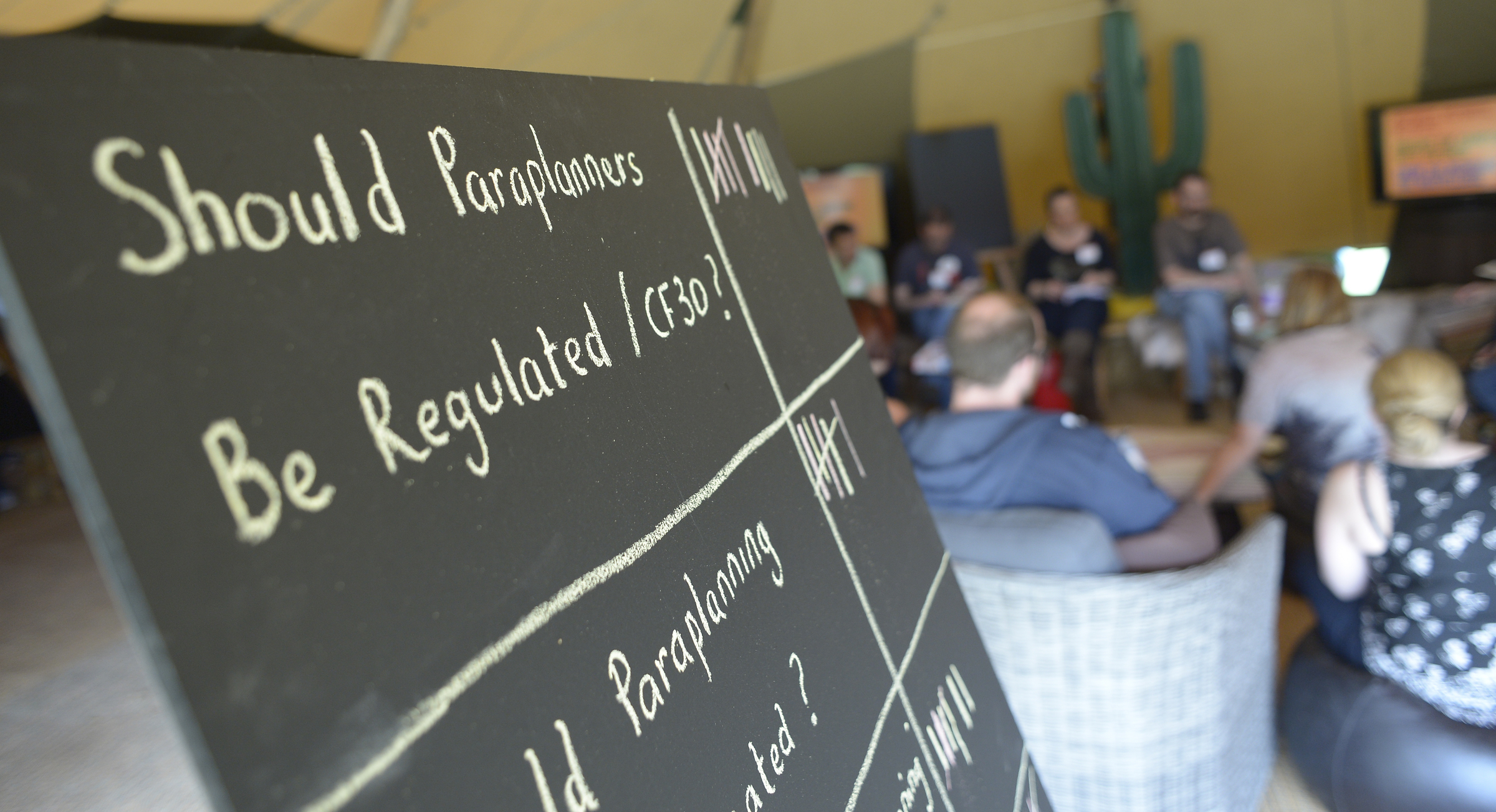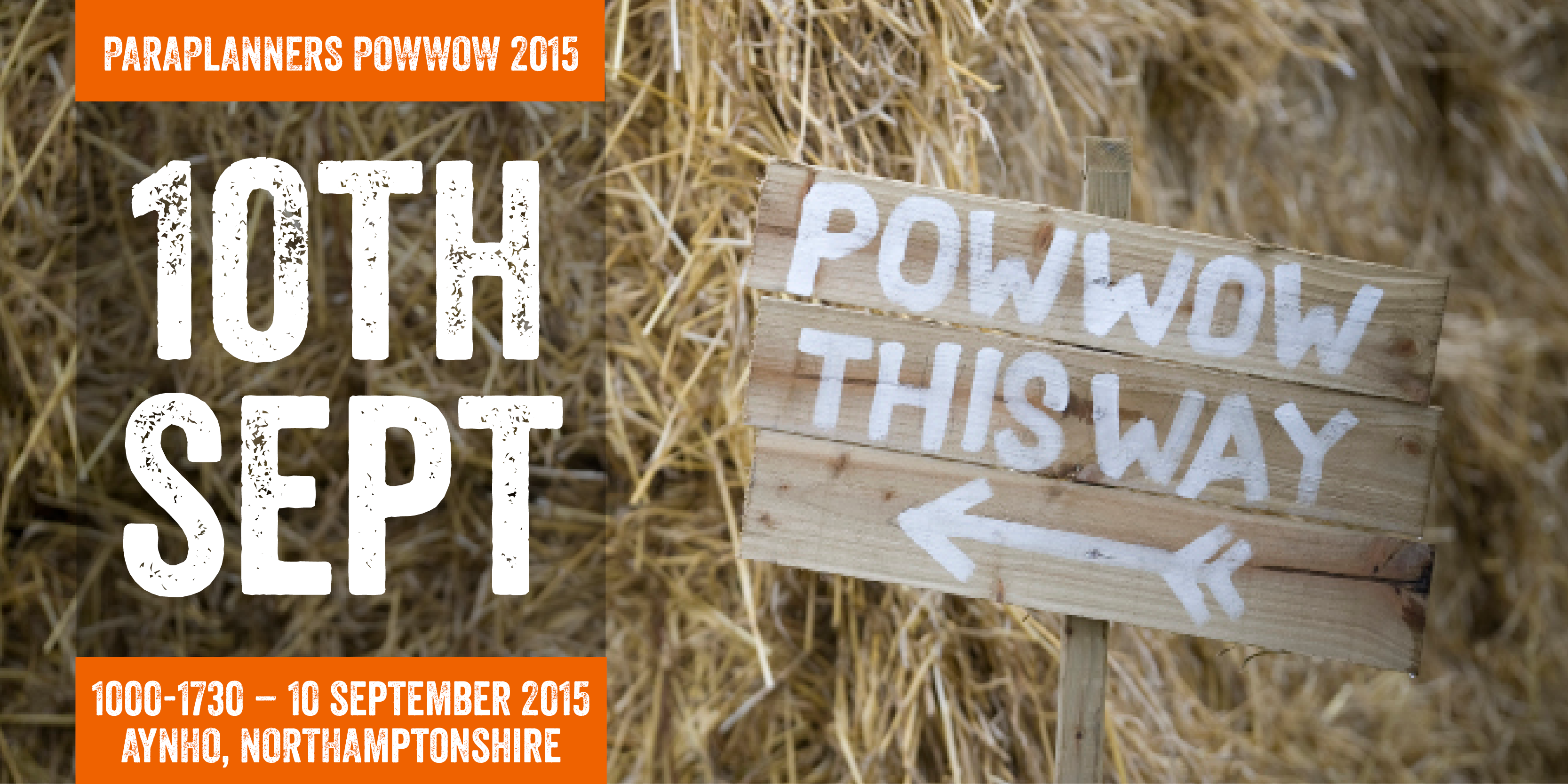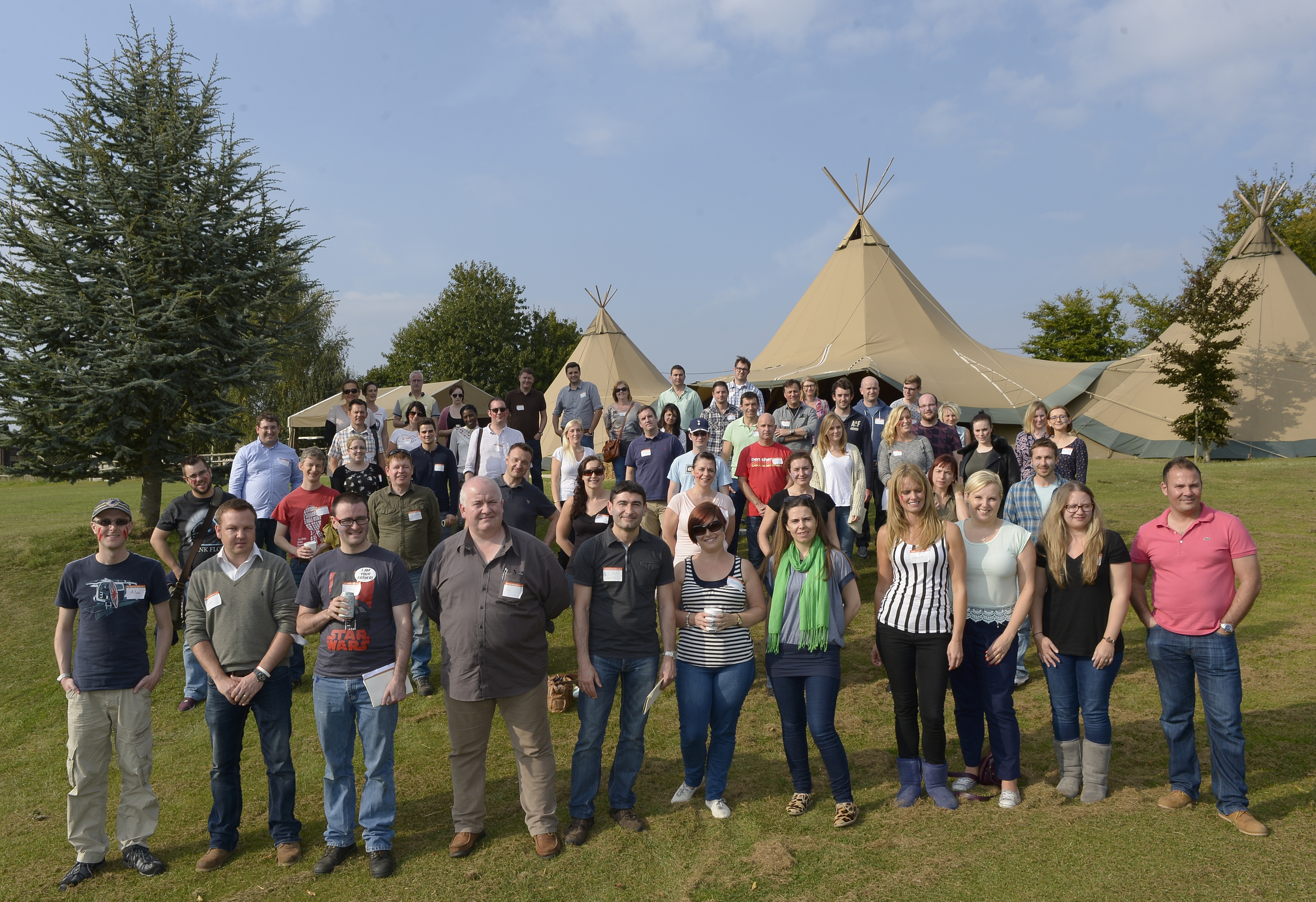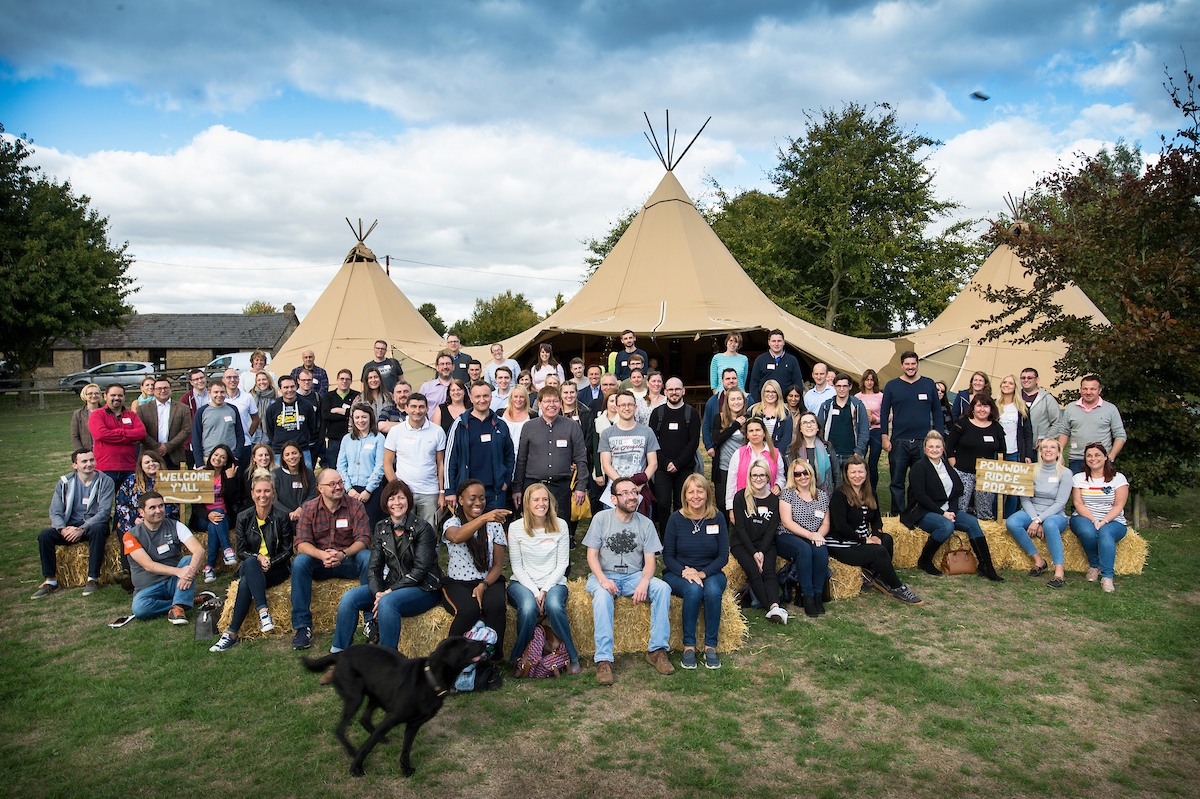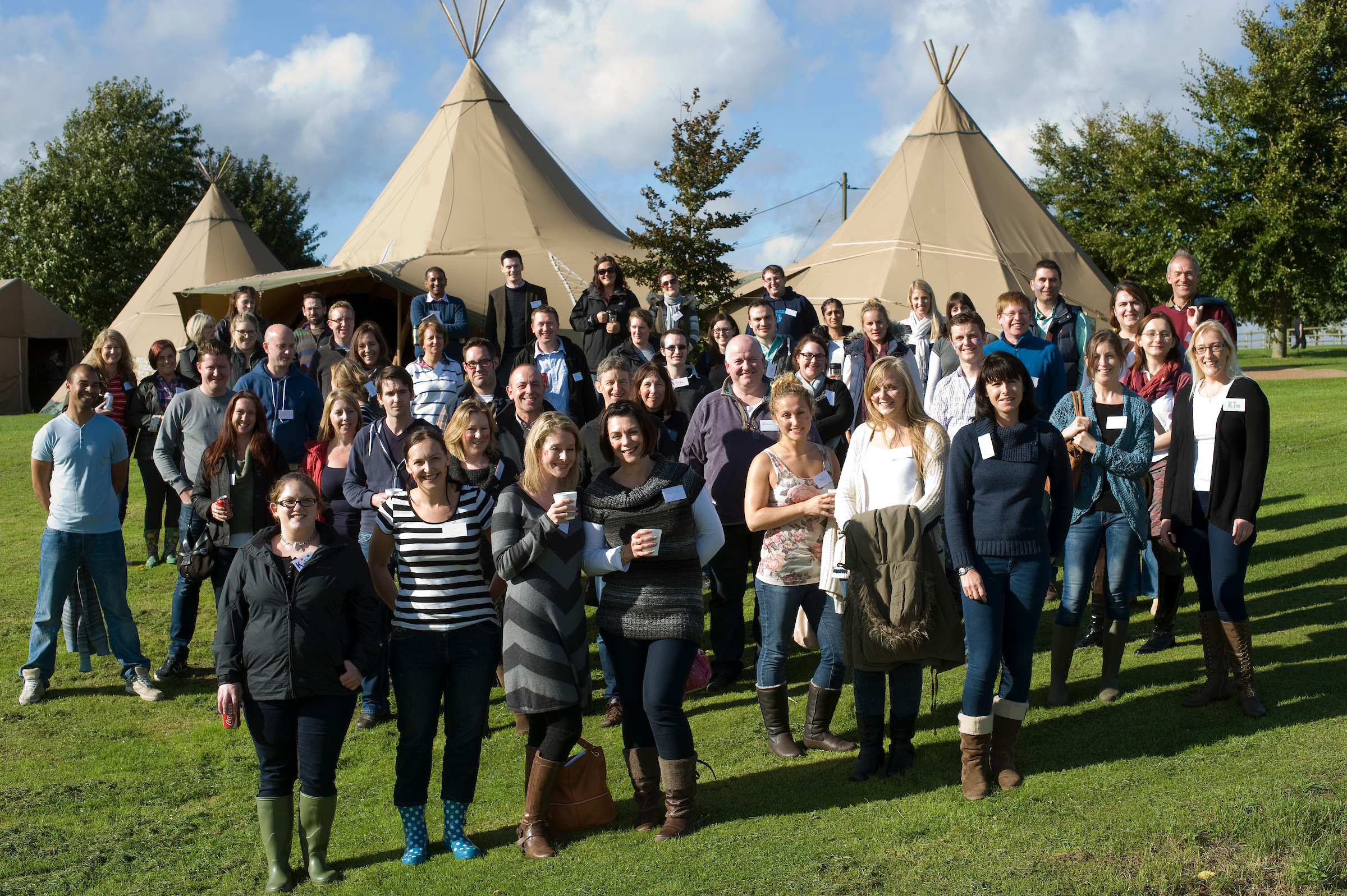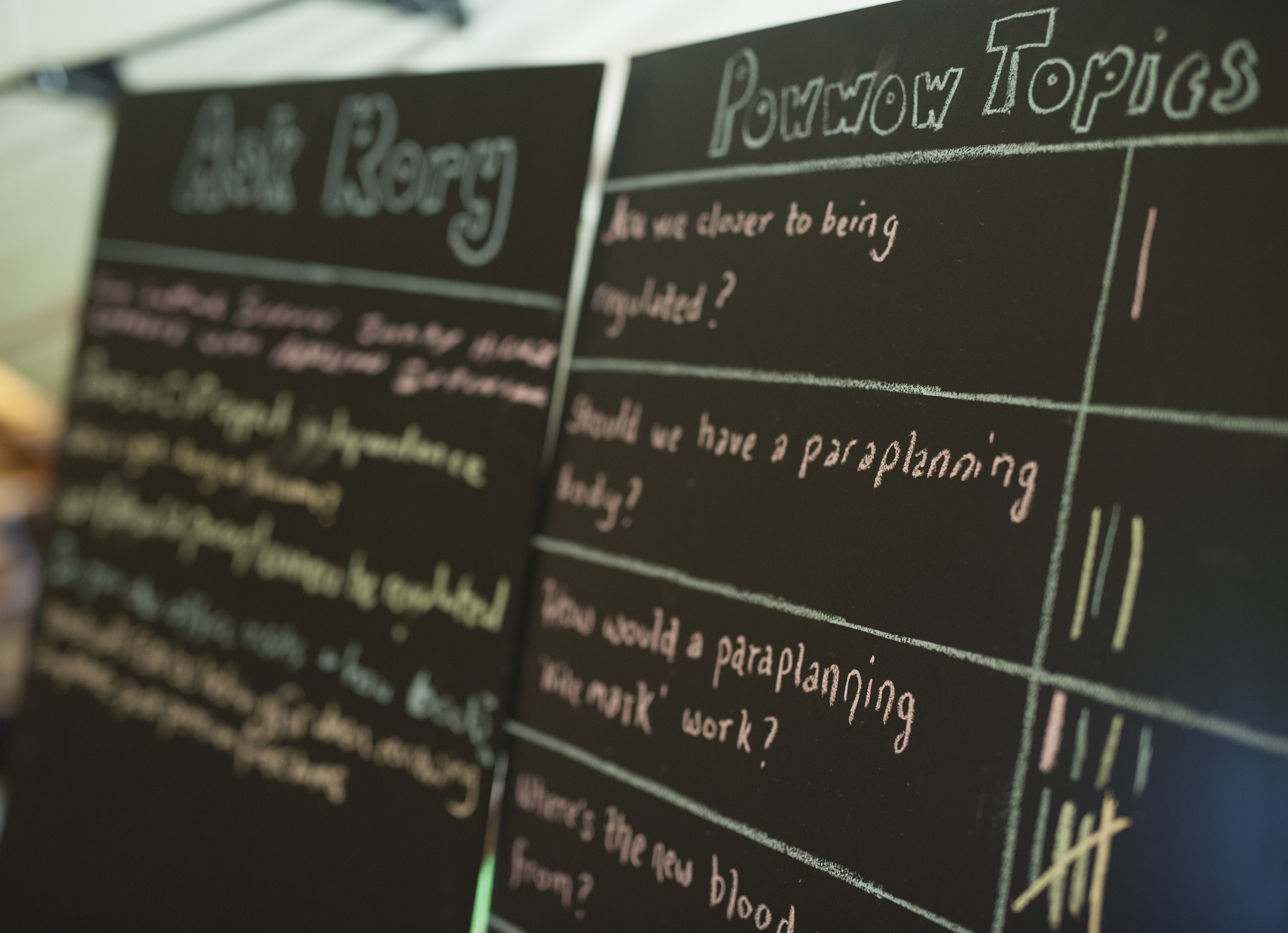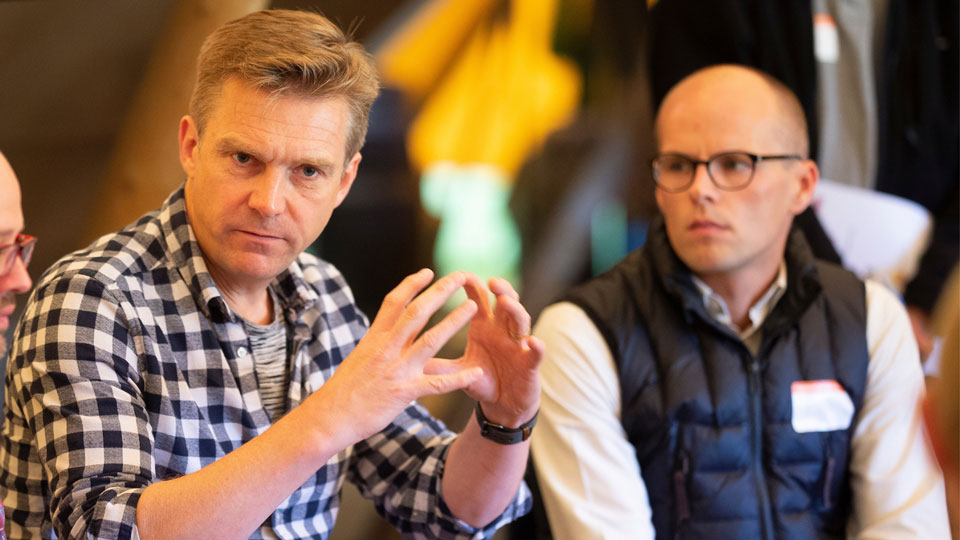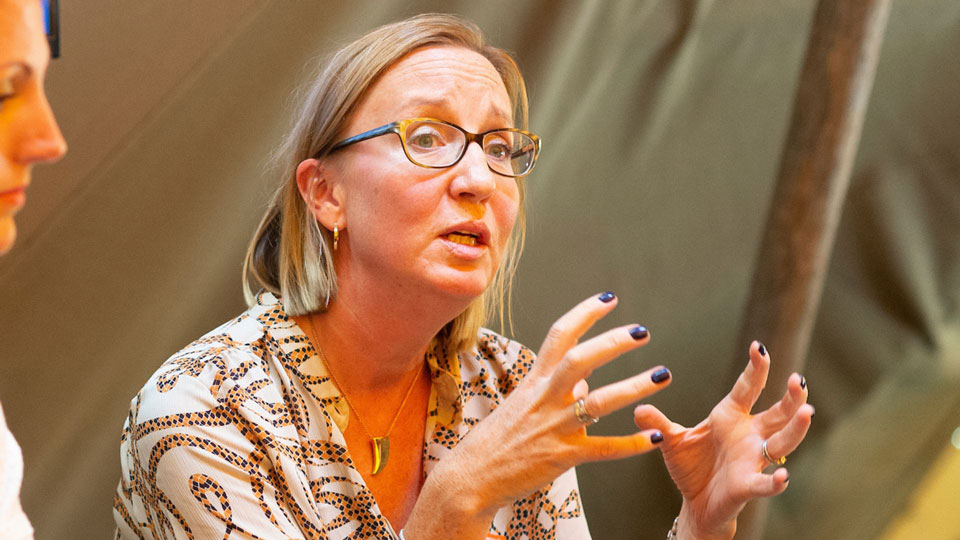Following the ‘This time it’s personal’ Howwow in November, we asked Chris Hindle, Director and Paraplanner at Frazer James and outsourced Paraplanner to share his thoughts. It was Chris’ first Powwow event, and our first time focussing solely on soft skills, so his insight is doubly interesting. Thanks for sharing Chris 🙂
Do paraplanners need soft skills?
That was the question I was asking myself after a colleague suggested I attend an all-day course to develop my soft skills.
An introvert by nature, I was initially resistant to the idea. Why do I need soft skills training, surely this was the domain of advisers?
The thought of a full day workshop on soft skills development made me slightly uncomfortable, which in itself told me that it was probably a good idea to attend!
So I signed up.
My first ‘Powwow’
Having not previously attended a ‘Powwow’, I wasn’t quite sure what to expect. Would it be leading from the front like most workshops, or would it be something different entirely?
The first thing I noticed is the sense of community. This was an event organised by paraplanners, for paraplanners. We were coming together to learn, fix and share in a non-judgemental way.
A loose agenda kept the day together, but the event was largely driven by the needs of the attendees. We were treated as participants, not delegates.
Why paraplanners need soft skills
Despite initially being resistant to the idea, I came around to believing that soft skills are as much the domain of paraplanners as they are of any other role.
Whilst the role of ‘paraplanner’ differs widely between firms, one commonality is that in all firms paraplanners interact with other people. This holds true for both in-house and outsourced paraplanners.
Being able to communicate with clarity and confidence, is the key to developing and maintaining successful relationships.
The feedback from advisers confirmed this:
What I learnt
Although there was lots to takeaway, there are three things that really stuck with me:
- Giving effective feedback.
I’ve been guilty of being very direct with my feedback. For some people this can work well, but it’s not for everyone. It can damage relationships and make people feel undervalued.
In the future, I will ask the recipient how they like to receive feedback. Everyone has a different style, so if we want to get the most from people, we need to communicate in a way that suits them.
- Listen, don’t speak.
Sometimes, I prepare my response whilst somebody is still speaking. I’m not actively listening to them; I’m just waiting until it’s my turn. It pains me to write this, but it’s true.
In the future, I will work harder on actively listening to the other person. If something comes into my head, I’ll write it down. This keeps my head clear so that I can focus on what they are saying.
- Enjoy the silence.
Silence makes me uncomfortable, so I fill it the only way I know how, by filling the space. This was made painfully clear when I listened to recordings of telephone conversations I have had with clients.
In the future, I’m going to give people the space to think. I will keep in mind that they may not have had the time to think through the information I’ve just provided and need the space to do so.
What next?
It’s clear that paraplanning has come a long way in a short space of time. It’s also clear that there is still a long way to go, particularly around soft skills training.
Personally, I’m going to be spending 20% of my continuing professional development on developing my soft skills.
I’ll be doing things like:
- Listening to voice recordings from conversations I have with end clients (as painful as that is)
- Completing a reflective statement and using this as a key part of my developmental review meetings
- Attending more courses like the ‘this time it’s personal’ Howwow
How about you? Do you think soft skills training is important? What will you be doing to improve your soft skills?




